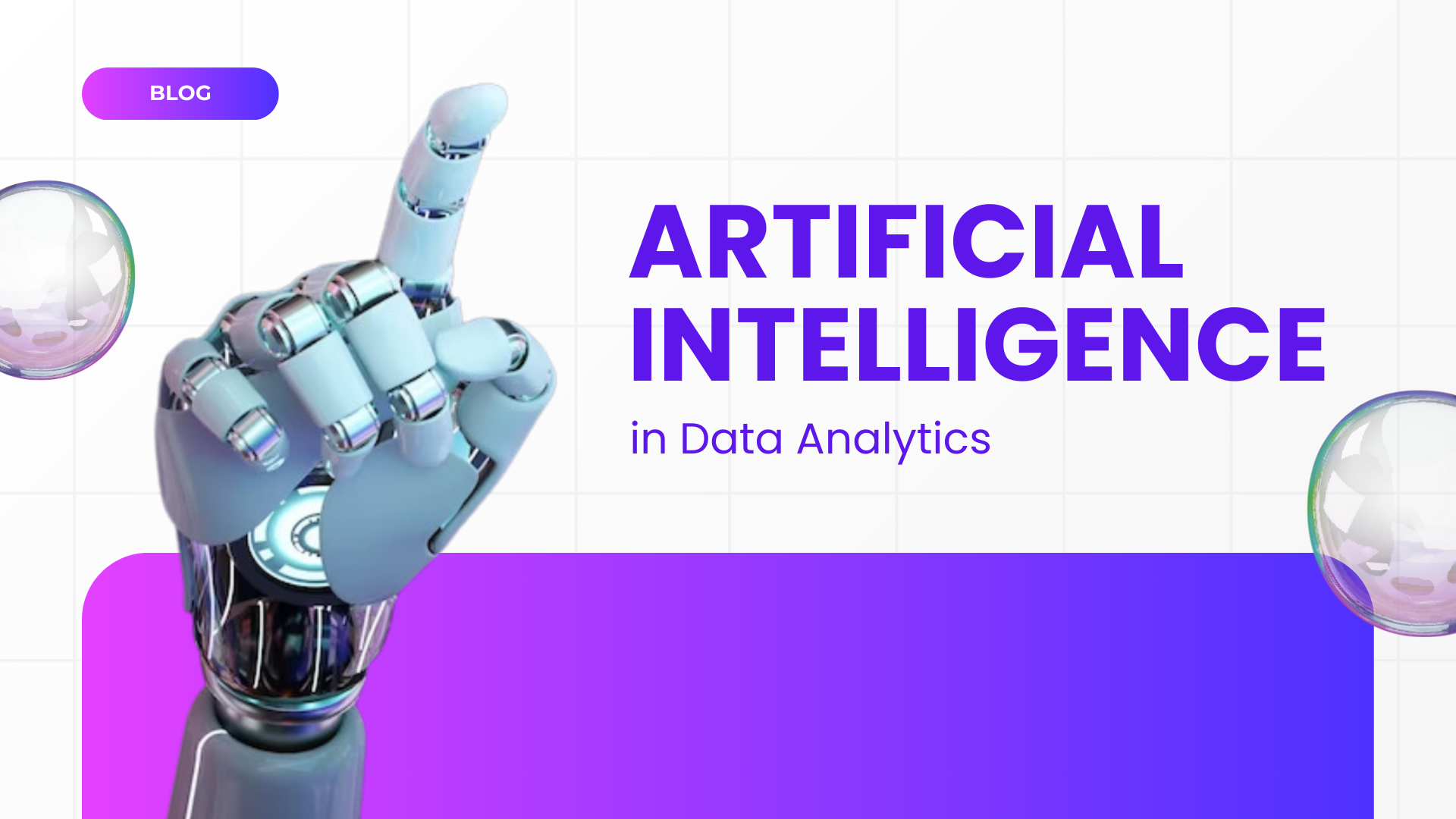Automation-boosting virtual traders, stock screeners, and personal robotic advisors are no longer intriguing marvels of sci-fi romanticism. Instead, they will likely bless all investors and fund managers in the coming years. In the past, Accenture’s banking technology vision 2017 report featured that more than 76% of bankers expected AI adoption across the banking, financial services, and insurance industry (BFSI). Fast-forward to November 2023: ChatGPT augmented AI’s potential to enhance financial decision-making via an easy-to-interact, conversational graphical user interface (GUI).
Also, consider QueryLabs’ Stock Market GPT to witness this. Similar projects have gained momentum worldwide. This post will describe the fascinating role of such artificial intelligence use cases in modern investment research and reporting.
How Can Investment Research Teams Benefit from AI-Delivered Recommendations?
Time is financially material across the board. Every investor, company founder, and regulatory body recognizes that delays in financial decision-making can cost a fortune. Therefore, accelerating investment research through AI integrations for scalable data gathering and call recommendations is crucial.
Doing so will ensure bankers, auditors, and fund managers can quickly conclude meetings and predict market movements instead of wasting effort on manual number crunching, news-tracking, and social listening. Likewise, BFSI players can streamline documentation, accounting, and fraud prevention using hyper-customized generative AI or Gen AI technologies.
The Noteworthy Role of Artificial Intelligence in Modern Investment Research
1| Conducting Continuous Qualitative Insight Discovery
AI platforms can process extensive data on companies’ press releases, media coverages, sustainability controversy risks, and brand-value associations in consumers’ minds. For instance, natural language processing, machine learning, and computerized statistical modeling ensure your artificial intelligence systems can interpret complex, descriptive texts without manual intervention. These technologies help investment researchers scale data acquisitions and automate insight identification.
2| Delivering Interface Innovations for Reports, Forms, and Online Advisory
99.99% of the world population passionately dislikes glancing at corporate financial statements, income tax return forms, and refund claiming procedures. Why must such documentation, which is vital to financial integrity, stress individual taxpayers, businesses, and institutional investors? Stakeholders wonder whether a Gen AI solutions company can make understanding due diligence, taxation, and insurance documents more inclusive and user-friendly.
Deloitte’s analysis of Bankrate’s investor advice survey data from December 2023 sheds some light on the potential demand for generative artificial intelligence integrations that offer easy-to-decode investment research reports.
It suggests that investment advice seekers’ reliance on friends, family members, and financial institutions will remain unchanged from 2023 to 2028. Independent industry forecasts and books on finance might become less popular, while more investors will depend on Gen AI for investment research, risk assessment, and buy-hold-sell calls. According to their analysis, the online advice landscape will reward investment research providers who capture this exponentially growing market before their competitors.
3| Distinguishing Between Facts, Inferences, Assertions, and Speculations
Correct market intelligence and performance benchmarking offer a solid foundation to determine portfolio strategies suitable to an investor’s risk appetite, reward expectations, and investable corpus. Still, misinformation remains an eternal obstacle, threatening responsible financial decision-making.
How can investors, fund managers, and financial advisors combat misinformation? Artificial intelligence can protect investment research reports from past lucky guesses, skewed market perceptions, and biased data points. Investors can implement AI to ensure data quality and identify subjective data points concerning companies’ performance metrics.
Facts must be objectives with solid, unambiguous evidence to prove them. Similarly, only an authority figure’s inferences can positively influence your investment style.
Under all circumstances, cross-examining business owners’ and auditors’ assertions about a project’s feasibility report would be best. Finally, AI tools must visibly emphasize investment research reports’ potentially speculative aspects. After all, they might be unreliable, leading to poor portfolio management strategies. Investors must explicitly confirm that they understand relying on highly speculatory insights can result in significant losses.
Conclusion
The demand for user-friendly financial documentation and qualitative investment research justifies stakeholders’ fascination with artificial intelligence. Gen AI will likely streamline how fund advisors recommend buy-hold-sell calls and regulators educate investors on tax liabilities. Moreover, AI tools ensure responsible, unbiased insight extraction by separately documenting facts and purely speculative intelligence. As a result, artificial intelligence promises a data-backed attitude among investors and fosters confidence in stable market environments.
The post The Role of Artificial Intelligence in Modern Investment Research appeared first on Datafloq.



